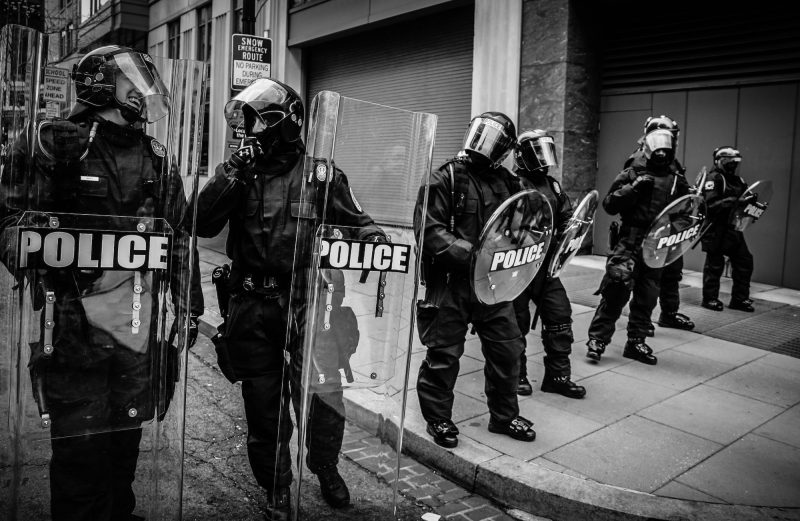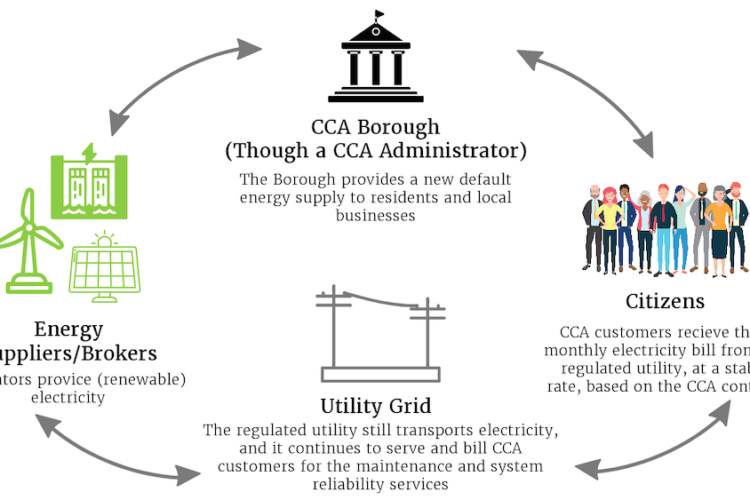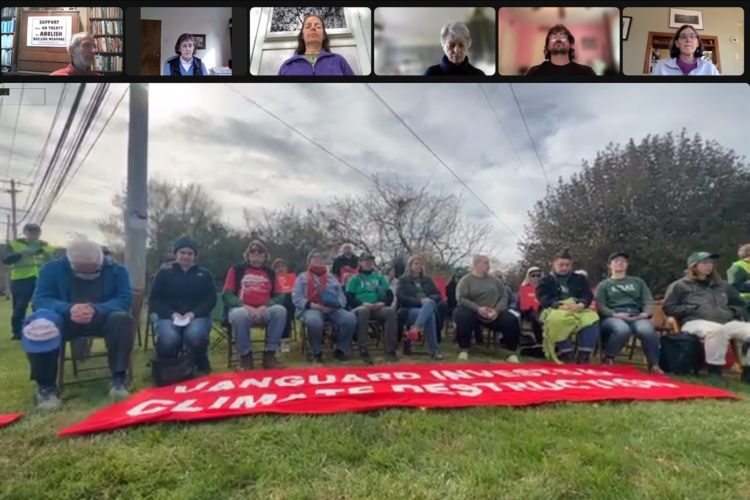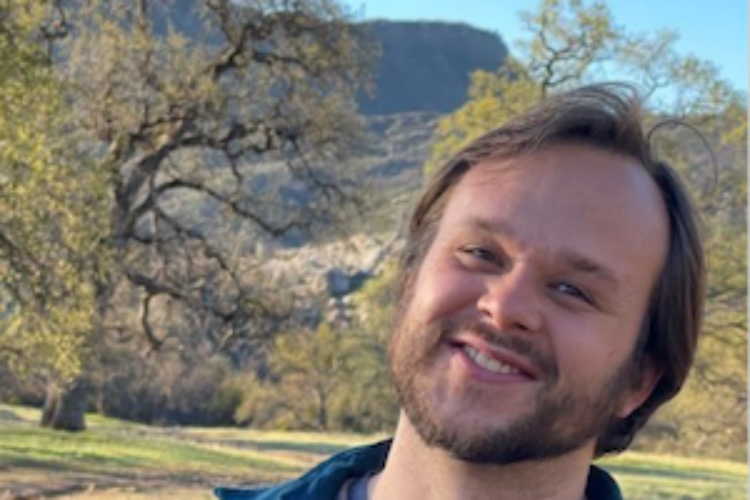Collective Community Resilience: Thinking Through Climate Change and Defunding the Police

By Sara Jolena Wolcott.
ONE OF THE MOST important lessons I learned when working in sustainable development overseas is to listen to the people most impacted by the problems to appropriately co-create viable solutions. Sometimes they would prioritize things that seemed strange to me. But over time, I would realize that they usually knew what they were talking about.
Thus, nearly five years ago, when indigenous leaders in the fight against one of the most polluted lakes in America, Lake Onondaga in upstate New York, told me their priority was to rescind the Doctrine of Discovery, I had to re-organize my own mental framework about the relationship between a set of papal bulls in the 1400s and polluted lakes today. I subsequently shifted my analysis. I wrote my Master of Divinity thesis on this topic, created online courses, and have been helping others better see these connections ever since.
Today, in the United States, people of color, especially Black women, are amongst those most impacted by climate change. If they repeatedly say that changing policing in their communities, including defunding the police, is a critical priority, then I need to listen, even if I am not, at first, sure how this connects to climate change vulnerabilities. Defunding the police after all is not, on the surface, about creating a “new green economy.” It did not fit into my mental schema of “climate actions” that I held a few months ago. So what am I, as a white-bodied woman, missing? What if I let go of my framework about the economy and instead centered their concerns? I can ask myself, what shows up? I know this is not a critique of the thousands of men and women in uniform who are honestly seeking to be of service to their own communities. This is what I’ve seen thus far:
1. Climate change is a security challenge: What enables communities to experience security? Access to healthy food and water sovereignty; strong and supportive local relationships; feeling physically safe in their homes and their streets and waterways; knowing their children are being cared for and well-educated; working through conflicts without losing their physical or emotional security; a sense of belonging. Do the police enable these things? Not in their current configuration.
2. In a climate disaster, who is most helpful? Local communities and those locally trained in community disaster support. Not necessarily the police. Indeed, armed security forces often worsen the situation. If a poor community of color is faced with a climate disaster, it is possible police might worsen the situation.
3. Budgets: Until we start seriously taxing the wealthiest 400 people in America, we will continue to have budget limitations. At the local level, more money for “x” means less money for “y.” Community resilience to climate change is only possible if people in the community have what they need to be resilient. including: food security, education, support for those who are mentally ill and in other ways vulnerable, and services to support them in increasing their economic well-being. Given that police do not necessarily make the community more secure, police department budgets could be reduced to direct funds toward social services. I haven’t seen any police abolitionists advocating for simply reducing police budgets without directing the funds toward collective community resilience.
4. New economies: The conditions of police abolition—stronger local communities that know each other, better social services, greater energy in mutual aid—are the conditions for growing stronger local economies. What if we first addressed issues of safety and resiliency? New economies could then be built more easily.
5. History: Climate change, and other types of “ecological pollution” stem from histories of racial and ecological violence. Our “new normal” needs to be one of peace. Too often, police escalate violence. The history of the rise of the police in this country is explicitly violent (carrying on from their military forebears) and is rooted in slavery. Also, the police are called on to protect private property, both upholding existing inequalities and contributing to ecological destruction.
When I imagine a world with fewer police in the midst of climate change, I immediately see the need to prioritize skills in de-escalating conflict, conflict resolution, and preventative measures. These are the kinds of programs that Quakers have long supported. Indeed, defunding the police seems a natural fit for Friends. What would I expect from listening to those most impacted by the challenges? That the solutions they prioritize are not only better for everyone, but that they invite us to listen more attentively to the Light.


